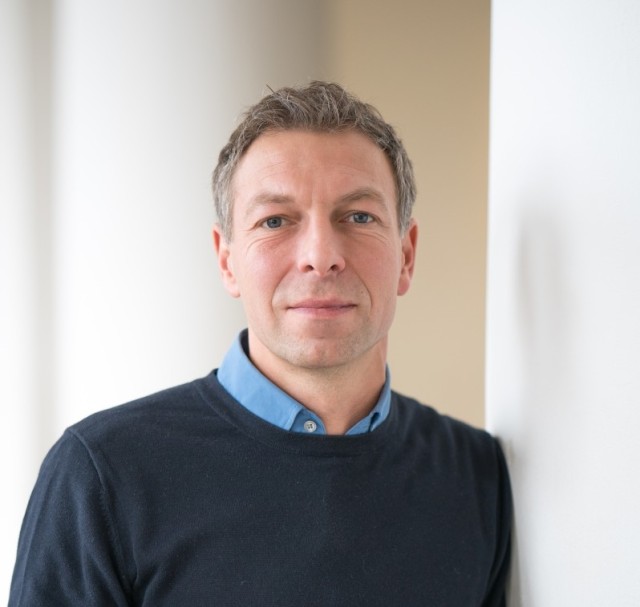26 January 2023
ERC Proof of Concept Grant for Alexander Högele: Novel Photonic Integrated Circuits
MCQST Member and Principal Investigator of the Nanophotonics group at LMU München, Alexander Högele was awarded the European Research Council (ERC) Proof of Concept Grant.
 © C. Hohmann (LMU)
© C. Hohmann (LMU) Novel photonic integrated circuits
Photonic integrated circuits enable trapping of photons, the fundamental particles of light, in a waveguide on a chip to allow their manipulation, similar to electrons in classical integrated circuits. While photonic circuits offer superior performance in speed and energy efficiency, their application in information processing has so far been impeded by their limited programmability. For example, the technologies used to date are poorly suited for implementing large-scale computational hardware.
In the new project RaPPIC (Rapid Programmable Photonic Integrated Circuits), the team of LMU physicists Alexander Högele, Samarth Vadia, and Jonathan Förste propose to explore an innovative and efficient phase modulation technology based on atomically thin semiconducting transition metal dichalcogenides. It promises to outperform conventional technologies in all key performance metrics realizing programmable photonic integrated circuitry. The implementation of scalable photonic circuits will enable novel use-cases in the area of computing, communication and quantum technologies.
About the ERC Proof of Concept Grant
The grants – each worth 150.000 euro – help researchers to bridge the gap between the discoveries stemming from their frontier research and the practical application of the findings, including early phases of their commercialisation. The funding is part of the EU's research and innovation programme, Horizon Europe. Researchers use this type of funding to verify the practical viability of scientific concepts, explore business opportunities or prepare patent applications. The recent rounds of funding will support researchers working in a wide range of disciplines.
Source: LMU Website& ERC Website
